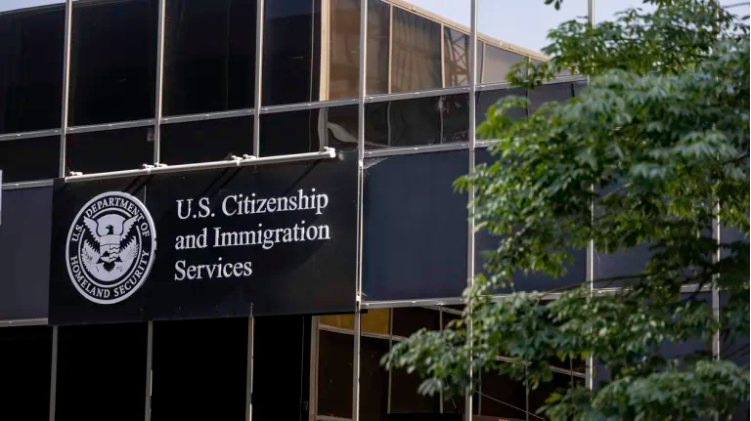Government Shutdown Outages Aren’t the Only Challenge with E-Verify
Editor’s Note: Congress passed legislation to fund the federal government and President Joe Biden signed it just before midnight Sept. 30. The measure will keep the government open through Nov. 17, 2023.
Congress has until midnight Sept. 30 to avert a federal government shutdown, which could make the E-Verify system unavailable, as it has been during prior shutdowns.
But Dawn Lurie, an attorney with Seyfarth in Washington, D.C., said employers shouldn’t panic when E-Verify is down. “Employers will not be penalized as a result of the E-Verify operations shutdown,” she said. “Employers will not be penalized for any delays in creating E-Verify cases. However, employers are reminded that they must continue to complete I-9s in compliance with the law, and when E-Verify becomes available, create cases in the system.”
Such outages aren’t the only challenge with the E-Verify program.
“E-Verify is not a best practice for every employer,” said Amy Peck, an attorney with Jackson Lewis in Omaha, Neb.
Some issues employers often encounter when using E-Verify include:
- The administrative cost of participating in E-Verify, despite the program being free.
- E-Verify monitoring company data.
- False indicators from the tentative nonconfirmation process.
“Using E-Verify comes with certain downsides and limitations, but for most companies, not all, the benefits outweigh the concerns,” Lurie said.
Advantages of E-Verify
The new “alternative procedure” allowing qualified E-Verify employers to virtually review I-9 documentation greatly benefits employers with remote workforces, Peck said. Employers can centralize the I-9 function through one person, instead of scrambling to find authorized representatives at each location to complete the I-9 or requiring an employee to drive to the nearest office, which may be far away.
Although E-Verify isn’t perfect and struggles with identity verification in many scenarios, it typically helps companies comply with immigration laws, Lurie said. “This prevents penalties for unauthorized hires,” she noted.
E-Verify can also help catch I-9 errors, such as transposed numbers, invalid formats, or invalid or expired documents.
Employer use of E-Verify is voluntary, except in some instances:
- Alabama, Arizona, Florida, Georgia, Mississippi, North Carolina, South Carolina, Tennessee and Utah require all or most employers to use E-Verify. Idaho and Virginia require it only for public employers, while multiple municipalities around the U.S. have E-Verify mandates.
- Companies that contract with the federal government or certain state governments may be required to use E-Verify.
- The Optional Practical Training Extension for STEM Students (science, engineering, technology and math) requires the use of E-Verify.
“The trend is toward more widespread enrollment,” said Maggie Murphy, an attorney with Berry Appleman & Leiden in Austin, Texas. Participation in the E-Verify program shows good faith in the event that an employer is audited, she said.
To view more information on challenges with E-Verify, read the full article here – https://www.shrm.org/resourcesandtools/legal-and-compliance/employment-law/pages/outages-challenges-e-verify.aspx
If you have any questions on how E-Verify relates to your business, give FLORES a call. Our HR team would be happy to assist you in any way we can.
Contact us at 619-588-2411
